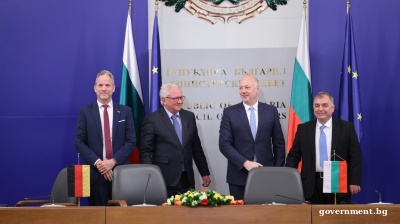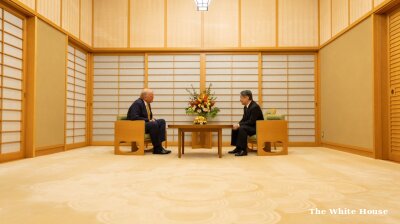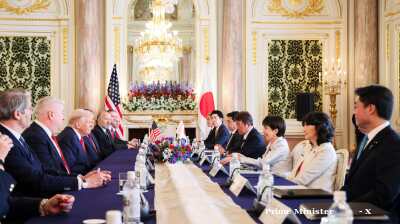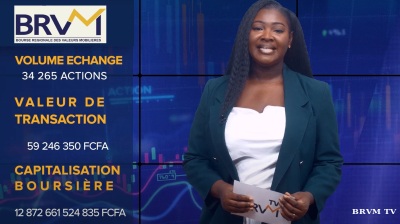Montenegro’s parliament approved a new government, led by Prime Minister Dusko Markovic, one of the most loyal allies of Democratic Party of Socialists (DPS) leader Milo Djukanovic, on November 28.
Markovic’s government is expected to continue the politics of the outgoing government of Djukanovic. In his speech to the parliament, Markovic said that his government will keep as top priorities the country’s membership in the European Union and Nato.
The government was approved by all representatives of the new ruling coalition, which includes the DPS, the parties representing ethnic minorities in the country and the Social Democrats, which together have 42 MPs in the 81-seat parliament. However, the session was boycotted by all opposition parties, which have claimed that a number of irregularities took place during the October 16 election, and that conditions on election day did not allow citizens to freely express their will.
“The government that you are electing today will complete the country’s integration to Nato,” Markovic said. Montenegro should become a Nato member next year.
He added that the government’s goal will be to close all negotiation chapters with the EU by the end of 2019.
Markovic’s new government will also aim to set conditions for sustainable economic growth of between 3.5% and 4% per year. The main factor for such growth, according to the new prime minister, will be the increase of foreign direct investment.
The formation of the new government under the DPS’s nominee Dusko Markovic will see Djukanovic standing down from the top level of government, at least temporarily. However, there is speculation he is likely to run for another term as president when Filip Vujanovic’s term expires.
While the parliament was voting on new government, the opposition Democratic Front sent a report on the irregularities registered on election day to all representatives of international institutions in Montenegro.
The pro-Russian DF was set up with the main goal of ousting the DPS and Djukanovic from politics. The party came second in the election, but it was unable to gain enough support to form a government and is preparing to start a new series of anti-government protests in December, aiming to provoke the appointment of an interim government and a new general election. The DF held anti-government protests in 2015, trying to force Djukanovic to resign. However, the protests did not achieve their goal.
Other opposition parties could join the DF’s protests, which could destabilise Montenegro in the coming months.
News

Bulgaria signs landmark deal with Rheinmetall to build ammunition plant
Investment reflects Bulgaria’s growing role in Europe’s rearmament drive and Nato’s efforts to strengthen regional defence supply chains and cut reliance on external suppliers.

US-China trade talks deliver breakthrough as markets rally ahead of Trump-Xi meeting at APEC
How and if China will react to a US-Japan rare earths deal remains to be seen but Beijing has said it will suspend its restrictions on rare earth metal exports in what is a move likely to ease pressure on the US tech and defence sectors.

US, Japan sign rare earths deal to ‘secure’ supply chains
The two leaders signed an agreement establishing a framework for cooperation in the mining and processing of rare earths and other essential minerals; a move that underscores growing anxieties over China’s dominance in the sector.
.jpeg)
Mexico secures trade extension with US, averting November 1 tariff escalation
US President Donald Trump and Mexican President Claudia Sheinbaum have agreed to extend a critical trade deadline by several weeks, granting negotiators additional time to resolve 54 outstanding commercial barriers between the nations.




